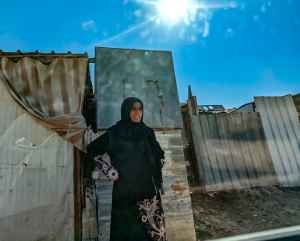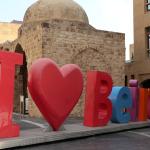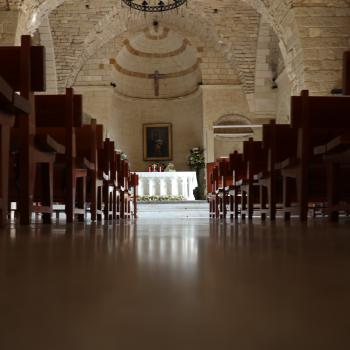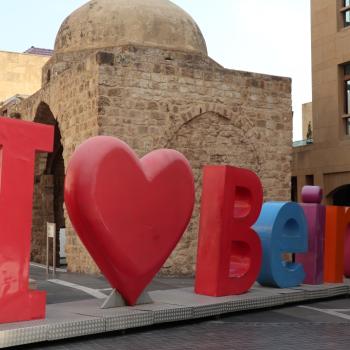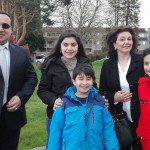We were just four miles from the Syrian border and a crowd surrounded our car. One girl flipped the loose tail of her headscarf back, pushing against the wind gust that swirled. 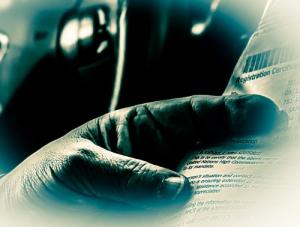
This young Syrian woman carefully unfolded the document that was supposed to be her ticket out. Her photo was in the upper square with a red stamp emblazoned underneath.
This woman was probably no older than 25, but the lines on her face had prematurely aged her. Like soil starving for water, the worry carved deep and it showed throughout her entire body. Her shoulders were tense, drawn tight. Her head dipped in fatal resignation.
The document, printed in both Arabic and English, is from the United Nations Refugee Agency. It signifies her registration and recognition as a refugee under the Asylum Organization Act of 2014 and the 1951 Geneva Convention.
But for all the official gravitas of the document, for now, it’s just another wrinkled piece of paper in a sea of others carrying the same papers.
Her husband had abandoned her because of her infertility. She was without family. Without a clear future. And seemingly without hope.
Border Town
Living in the Bekka Valley in Jordan, just a few miles from the border of Syria, doesn’t seem like a destination. But for this woman, and more than 70,000 other Syrians, at least it’s a step toward a better life. She. She and her husband came across the border, leaving behind continued sectarian strife, violence, and persecution. They’ve all found refuge in the sea of tents and makeshift housing that fills the agricultural valley. There, they wait with other family members and new friends – all of them circling in the same predicament of uncertainty.
The UN is there with some infrastructure needs. But it’s far from organized as witnessed by the canvas dwellings held together by poles and rope.
There are various NGOs working among the population, helping with food, clothing, and education. I spent the day with one group of South Koreans who were providing education to elementary school children and love and encouragement to their parents. It wasn’t a large-scale operation, but from the smiles on the children’s faces, it was impactful.
The overall decay of Lebanon doesn’t help those who come into the country to escape. Inflation is spiraling out of control and basic services like electricity is increasingly challenging. The lights come on for about four hours daily, making refrigeration impossible.
The Helpless and the Hopeless
It was one of those strange moments of helplessness on my part. I was just a visiting writer. I felt guilty for rubbernecking the accident scene. Only this is a million-car pile-up. The destruction was so vast and deep, there was no way to pull out a single survivor. There was no path in and no path out.
One option is to ignore it and keep on walking. But the images haunt in a way that time and proximity cannot create enough distance. Leisure activities and everyday life cannot push out these memories.
The other option is to keep doing my part, however small. We are often tricked into inaction because we don’t have an influential voice or a huge pocketbook. But you don’t have to stand in front of the UN and advocate for change to make a difference. You don’t have to write a million-dollar check to impact a life.
Jesus praised the widow who gave a mite, the smallest denomination in the Roman currency system. He also praised faithfulness in the “little things.”
I don’t know what it means for you, but don’t stop giving. Don’t stop acting. Don’t stop praying.
(If you would like to support the group I was visiting, go to https://ideasworld.org/project/give-hope)



